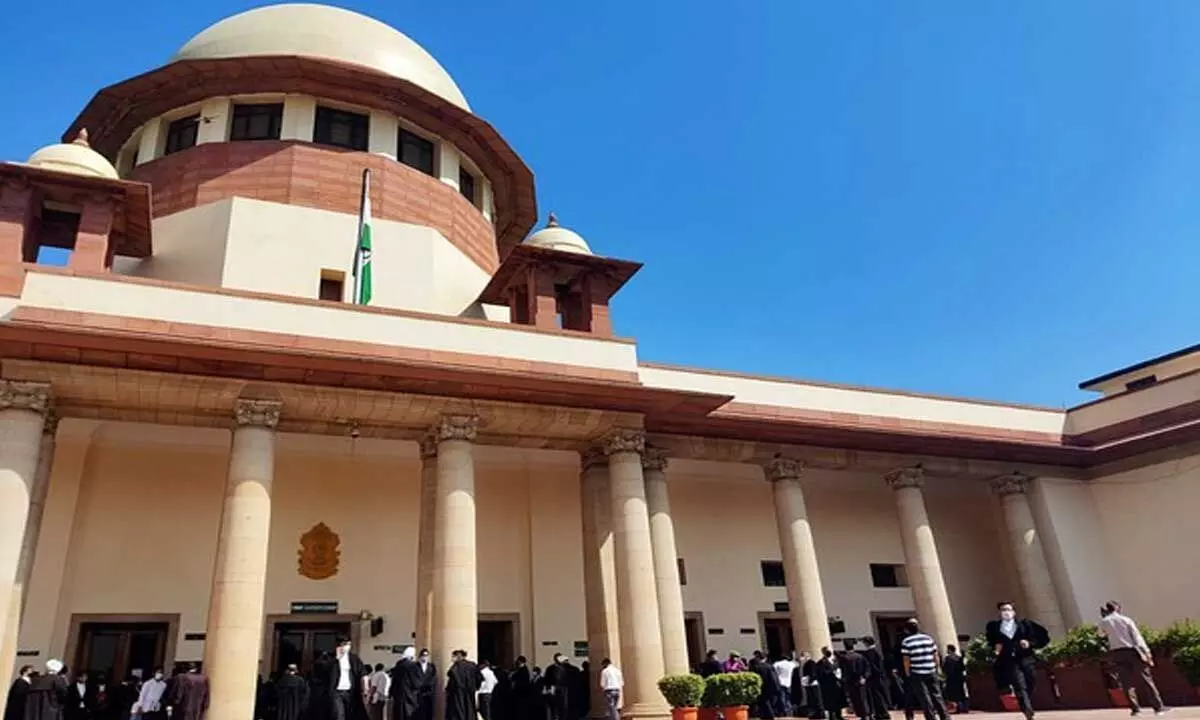Closure of facility only for not having prior EC would be against public interest: Supreme Court

Supreme Court of India
The Supreme Court on Thursday said closure of the facility only on the ground of want ofa prior environmental clearance (EC) would be against public interest, and the Environment Protection (EP) Act does not prohibit ex post facto EC.
New Delhi: The Supreme Court on Thursday said closure of the facility only on the ground of want ofa prior environmental clearance (EC) would be against public interest, and the Environment Protection (EP) Act does not prohibit ex post facto EC.
A bench of Justices Indira Banerjee and J.K. Maheshwari said: "Ex post facto EC should not ordinarily be granted, and certainly not for the asking. At the same time, ex post facto clearances and/or approvals cannot be declined with pedantic rigidity, regardless of the consequences of stopping the operations."
"This court cannot lose sight of the fact that the operation of a Bio-Medical Waste Treatment Facility is in the interest of prevention of environmental pollution. The closure of the facility only on the ground of want of prior Environmental Clearance would be against public interest," it said, as it declined to entertain an appeal against a final order dated May 10, 2017 passed by the National Green Tribunal (NGT), dismissing an application under the National Green Tribunal Act 2010.
The appellant had sought a direction for closure of the Common Bio-Medical Waste Treatment Facility run by a private firm, on the ground of alleged non-compliance of the provisions of the Environmental Impact Assessment Notification 2006, as amended on April 17, 2015.
The top court said the NGT rightly found that when the facility was being operated with the requisite consent to operate, it could not be closed on the ground of want of prior EC. Citing an apex court judgment, the bench said this court cannot be oblivious to the economy or the need to protect the livelihood of hundreds of employees and others employed in the units and dependent on the units for their survival.
"It is reiterated that the EP Act does not prohibit ex post facto EC. Some relaxations and even grant of ex post facto EC in accordance with law, in strict compliance with rules, regulations, notifications and/or applicable orders, in appropriate cases, where the projects are in compliance with environment norms, is not impermissible," the top court said.
The bench said ex post facto environmental clearance should ordinarily not be granted routinely, but in exceptional circumstances, taking into account all relevant environmental factors.
"To protect future generations and to ensure sustainable development, it is imperative that pollution laws be strictly enforced. Under no circumstances can industries, which pollute, be allowed to operate unchecked and degrade the environment," it said.




















